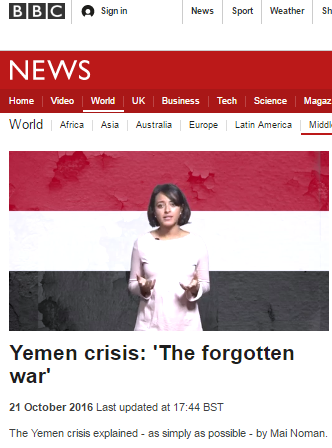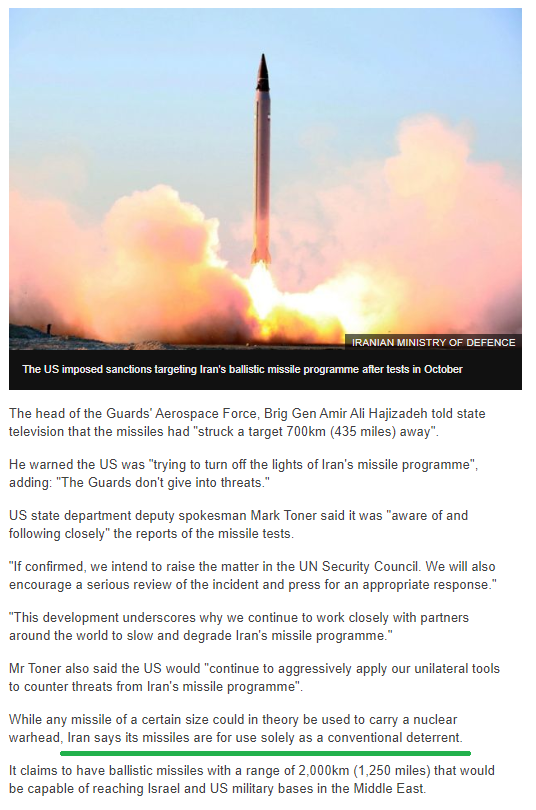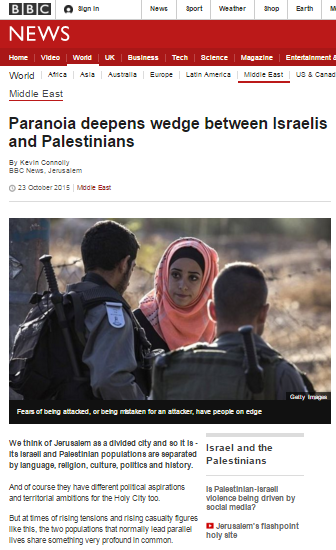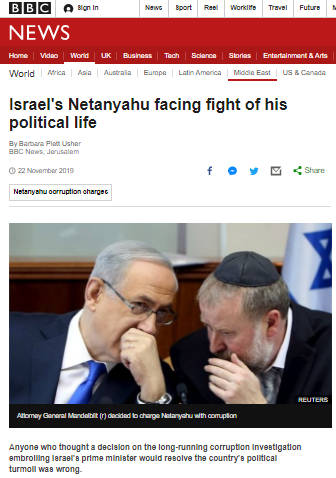Last month the BBC website published a special feature by Quentin Sommerville and Riam Dalati titled “An education in terror“.
“On the streets of Europe, we meet teenage boys trained by IS. Their testimony reveals wide-ranging plans to turn children into killers.”
“First came the grooming, then the recruitment and training to create a new army of child jihadists, who might grow into adult militants. The Islamic State’s next generation of hate.”
“Many armed groups across Africa, the Middle East and South America, have trained children for battle. Recruiting child soldiers is a war crime. But few have refined the process so efficiently as the Islamic State group.”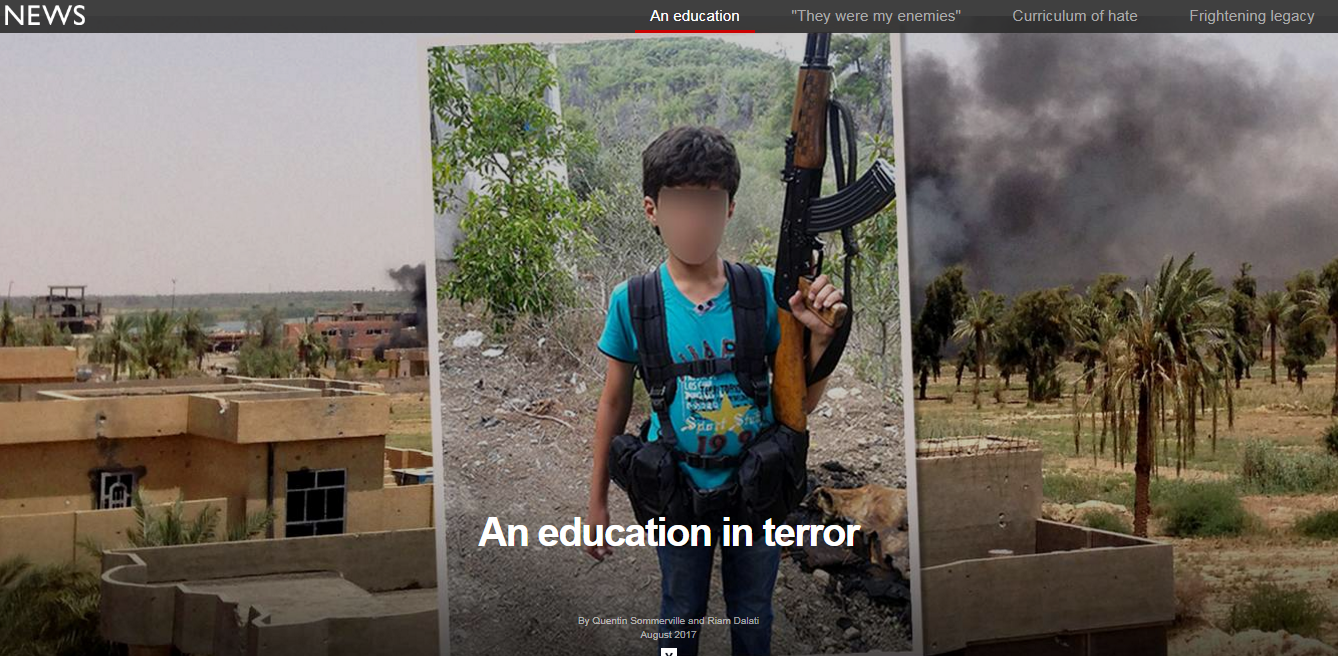
As well as personal stories the feature includes a section with the heading “Curriculum of hate”.
“IS not only concentrated its attention on recruits for the battlefield, it reached deeper into society, into the homes, classrooms, and minds of the youngest children. […]
Just like the Hitler Youth movement indoctrinated children to serve the Nazis’ 1000-year Reich, IS developed a feeder apparatus to regularly inject new blood into its veins. By the time it took full control of Raqqa in the winter of 2014 and turned it into its de-facto capital, the plan to subvert the education system was set in motion.”
Readers learn that ISIS’ focus on indoctrination through ‘education’ began three years ago.
“By July 2014, Mosul had fallen and the caliphate had been declared. The rich Iraqi city, six times bigger than Raqqa, had a lot more to offer in terms of human resources and infrastructure. Now, the Islamic State had both the expertise and the assets to take on the formidable task of drafting its own curriculum from scratch.
“They started in earnest during the fall of 2014, but the Diwan [ministry of education] had been recruiting loyal, ideologically aligned experts all throughout that summer,” Yousef, a Moslawi teacher who lived through that phase, told the BBC. […]
The IS curriculum was finally rolled out for the 2015-2016 school year. Children would enrol at the age of five and graduate at 15, shaving four full years off the traditional school life. They would be educated in 12 various disciplines, but these would be steeped in Islamic State’s doctrine and its world vision.”
This feature – described as a ‘resource’ in its URL – provides the BBC’s audience with information that will enhance their understanding of the ISIS terror group’s ideology and methodology. Interestingly though, the same audience has never been provided with such a resource on a comparable system that pre-dates the ISIS curriculum in Raqqa or Mosul.
The BBC did not report on the topic of child soldiers recruited by Hamas during the 2014 conflict. The paramilitary ‘summer camps’ run by Palestinian factions such as Hamas, Fatah and the Palestinian Islamic Jihad as well as by the PA and PLO have rarely received any BBC coverage. When Lyse Doucet visited a Hamas-run winter camp in Gaza in January 2015, the result was a mere one minute of coverage in her film ‘Children of the Gaza War’, with Doucet telling viewers that:
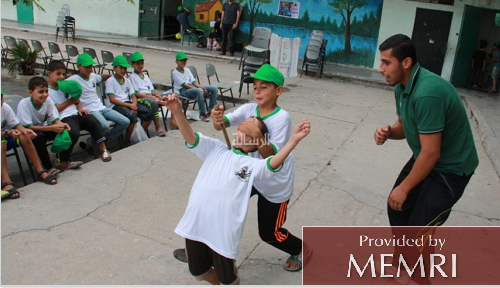
“Some boys as young as Abdul Rahman [phonetic] take part in this first youth camp organized by Hamas’ military wing. It’s for men [sic] aged 15 to 21. Some are clearly younger and at the closing ceremony there’s younger still. For the outside world it’s hard to comprehend why parents would put children in situations like this. Hamas says the camps keep boys off the street and teach values and martial arts for defence. But the young also learn about weapons and hatred: it’s what Hamas calls a culture of resistance.”
Neither have BBC audiences seen any comprehensive reporting on the issue of the incitement and glorification of terrorism found in Palestinian schoolbooks, official PA radio and TV children’s programmes and Hamas’ online children’s ‘magazine’.
So as we see, while the BBC did consider a feature on “the Islamic State’s next generation of hate” editorially justifiable, it continues to avoid providing its audiences with information about the very similar indoctrination and abuse of Palestinian children.

